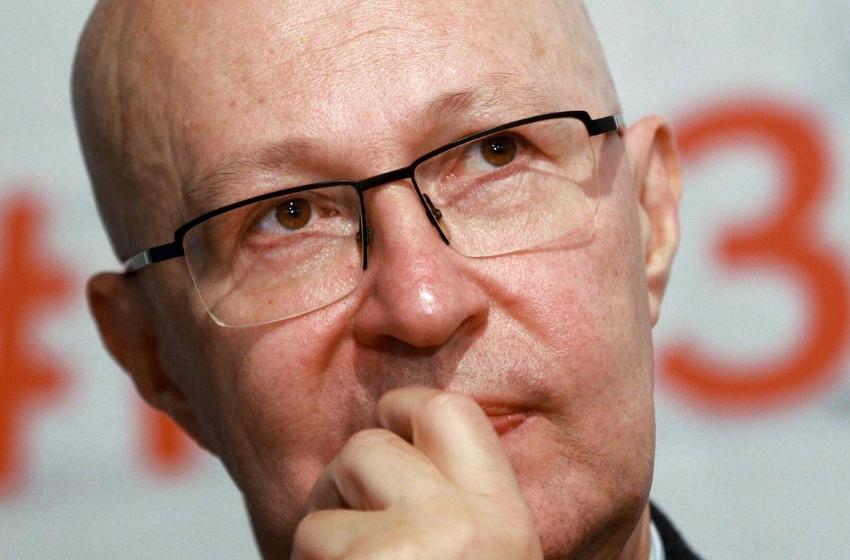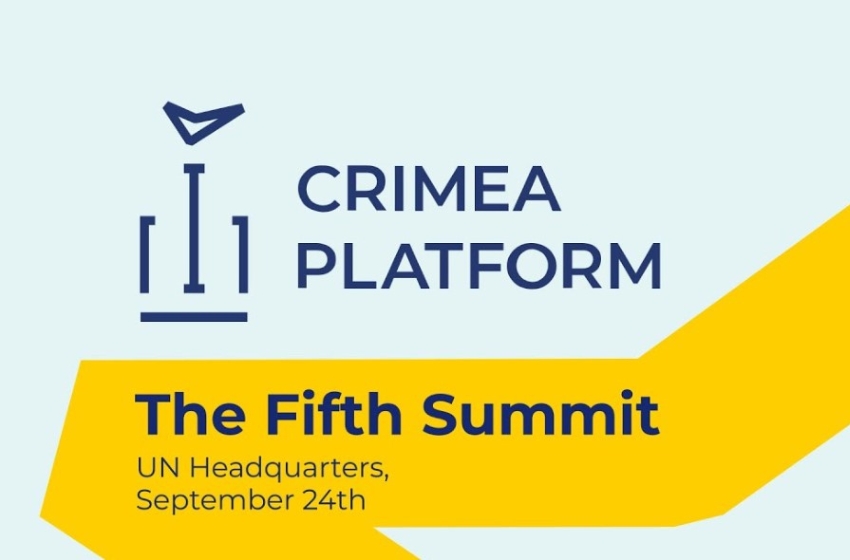The 2025 presidential elections in Romania were not only an important victory for democracy but also a serious blow to Kremlin strategies in Eastern Europe. Throughout the entire election campaign, Moscow tried to influence the voting results through disinformation, cyberattacks, and support for marginal pro-Russian candidates. However, the election outcome was a decisive defeat for these efforts: a clearly pro-Western candidate who advocates for EU integration and close cooperation with NATO won, according to experts from the Robert Lansing Institute.
Romania occupies a strategic position on NATO’s eastern flank, bordering Ukraine and the Black Sea, and hosts key military infrastructure, including the Aegis Ashore missile defense system in Deveselu. Since 2014, the country has been targeted by Russian influence operations aimed at undermining trust in democratic institutions, increasing internal polarization, and weakening support for Western alliances.
The Kremlin’s tactics included mass spreading of anti-European and anti-American narratives on social media and pro-Russian media platforms, attempts to hack electoral systems and campaign infrastructure, as well as financial and informational support for populists promoting “strategic autonomy” and distancing from NATO and the EU. Through media outlets like RT and Sputnik, Russia tried to portray the West as an exploitative force and Romania itself as subordinate.
Despite this, voters—especially in cities and among the diaspora—favored the pro-Western course. Pro-Russian candidates were completely defeated, signaling public rejection of foreign interference. The victory of democratic forces was also helped by the effective work of Romanian intelligence and cybersecurity agencies, which, together with EU and NATO partners, successfully resisted manipulation attempts. Independent media and civil society organizations also made significant contributions by exposing fakes and raising voter awareness.
Thanks to active campaigns on media literacy and public education, the electorate became less susceptible to online manipulation. This created a political environment more resilient to disinformation, demonstrating the limited effectiveness of Kremlin hybrid strategies in mature democracies.
The defeat in Romania sent a warning signal to Moscow. It is expected that the Kremlin will adjust its approach, possibly shifting from direct interference to more covert forms of influence through economics, culture, and soft power.
For NATO and the EU, the Romanian elections confirmed the importance of joint work in cybersecurity, protection of democratic processes, and information resilience. Romania is strengthening its status as a frontline country in the fight against authoritarian challenges and serving as an example for countries like Moldova, Bulgaria, and Serbia.
The elections also strengthened Romania’s position as a strategic US partner. The victory of the pro-Western candidate opens the way to deepen defense and intelligence cooperation, energy projects, and joint initiatives in the Black Sea region. The successful US involvement in supporting democratic institutions confirmed the effectiveness of investments in soft power and counter-disinformation tools.
Romania’s domestic political landscape will also change. The defeat of nationalist and populist forces using pro-Russian rhetoric may lead to their marginalization, internal crises, and loss of influence. At the same time, a broad political consensus in favor of the Euro-Atlantic course is strengthening — leading parties, both right and left, are likely to continue moving toward closer integration with the EU and NATO.
Civil society’s role is growing: its participation in defending elections increased trust in independent media, fact-checking organizations, and educational initiatives. This will lead to increased institutional support and expanded influence of such structures in regulation, transparency, and public education.
Political parties will now need to revise their approaches: instead of manipulative strategies, the focus will be on developing digital literacy, combating fakes, and closer engagement with voters. The 2025 campaign showed that old methods of information warfare no longer work on an informed and active electorate.
The renewed mandate allows the Romanian president to take a more active role in regional politics and strengthen the country’s leadership in combating hybrid threats and supporting democratic reforms in neighboring states.
Against this backdrop, Romania is recommended to expand cooperation with NATO and the EU in cybersecurity, enhance support for independent media and educational programs, create joint operational structures to counter foreign interference, and secure its place in the West’s strategic defense dialogues.
The results of the 2025 elections became not only a rejection of external influence but also a powerful impetus to strengthen democracy in Romania and throughout the Black Sea region.





















